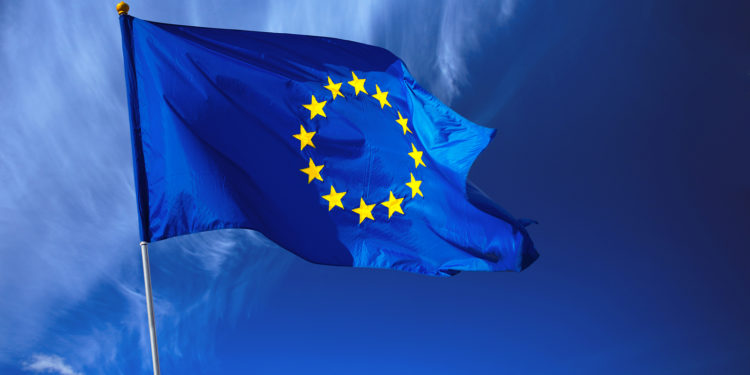European lawmakers have given the green light to antitrust tweaks aimed at self-promotion by Apple and other big tech companies, but there are fears the rules will be difficult to enforce.
After months of negotiations and more than a year and a half after the initial proposal, the European Parliament has adopted the final versions of the Digital Markets Act and the Digital Services Act. The legal reforms, which aim to limit the power of tech giants over the rest of the industry, have taken a major step towards becoming European law.
Obligations are imposed on gatekeepers
The DMA, ratified by members of the European Parliament on Tuesday, is a set of rules that cracks down on anti-trust conduct and aims to promote competition. As ETNews reported, the DMA was passed with 588 votes in favor, just 11 against and 31 abstentions. It will impose obligations on gatekeepers to "ensure a fairer business environment and more services for consumers," according to the European Parliament. These rules include allowing third parties to "interoperate" with services, such as allowing other companies to work with Apple's messaging platform. It will also allow companies to access data they generate on a platform to advertise and contract with customers outside the platform.
Apple faces new challenges
Platforms, such as Apple's, will be prevented from ranking their own services and products higher in general search results. They will also be prohibited from preventing users from easily uninstalling pre-installed software or apps, or from accessing third-party app stores and processing users' personal data for targeted advertising. These last points could have a major impact on Apple, which has consistently fought to keep the App Store the only store that consumers can easily access. The DSA, which limits the use of collected user data for commercial purposes and forces platforms to monitor users' content to prevent misinformation and hate speech, was also passed with 539 votes in favor, 54 against, and 30 abstentions. These rules require platforms to act quickly on illegal content while upholding fundamental rights such as freedom of expression and data protection.
Failure to comply with the rules could be costly
There are also rules for "enhanced traceability and control of traders on online marketplaces," more transparency and accountability of platforms, and bans on misleading practices and certain types of advertising. The DSA and DMA will not become law until they are finally approved by the 27 EU member states, although that is usually a small matter. That could take a few months and since the DSA will apply across the EU for 15 months, or from January 2024, after "entry into force," it is possible that Apple will have to start complying with the rules before the end of 2023. The DMA will come into force six months after it "enters into force," with gatekeepers like Apple having up to six months to comply with the rules after they are designated as such. DSA rapporteur Chistel Schaldemous said:
For too long, the tech giants have profited from the fact that there are no rules. The digital world has become a Wild West in which the biggest and strongest make the rules. But there is a new sheriff in town - the DSA. Now rules and rights are being strengthened. We are opening the black box of algorithms so that we can take a close look at the money machines behind the social platforms.
Failure to comply with the rules could prove costly for the companies concerned. According to market research, the European Commission would have the power to impose fines of up to EUR 10 million of a company's total worldwide turnover in the previous financial year, and up to EUR 20 million in the case of repeated non-compliance. (Photo by Nyul / Bigstockphoto)





